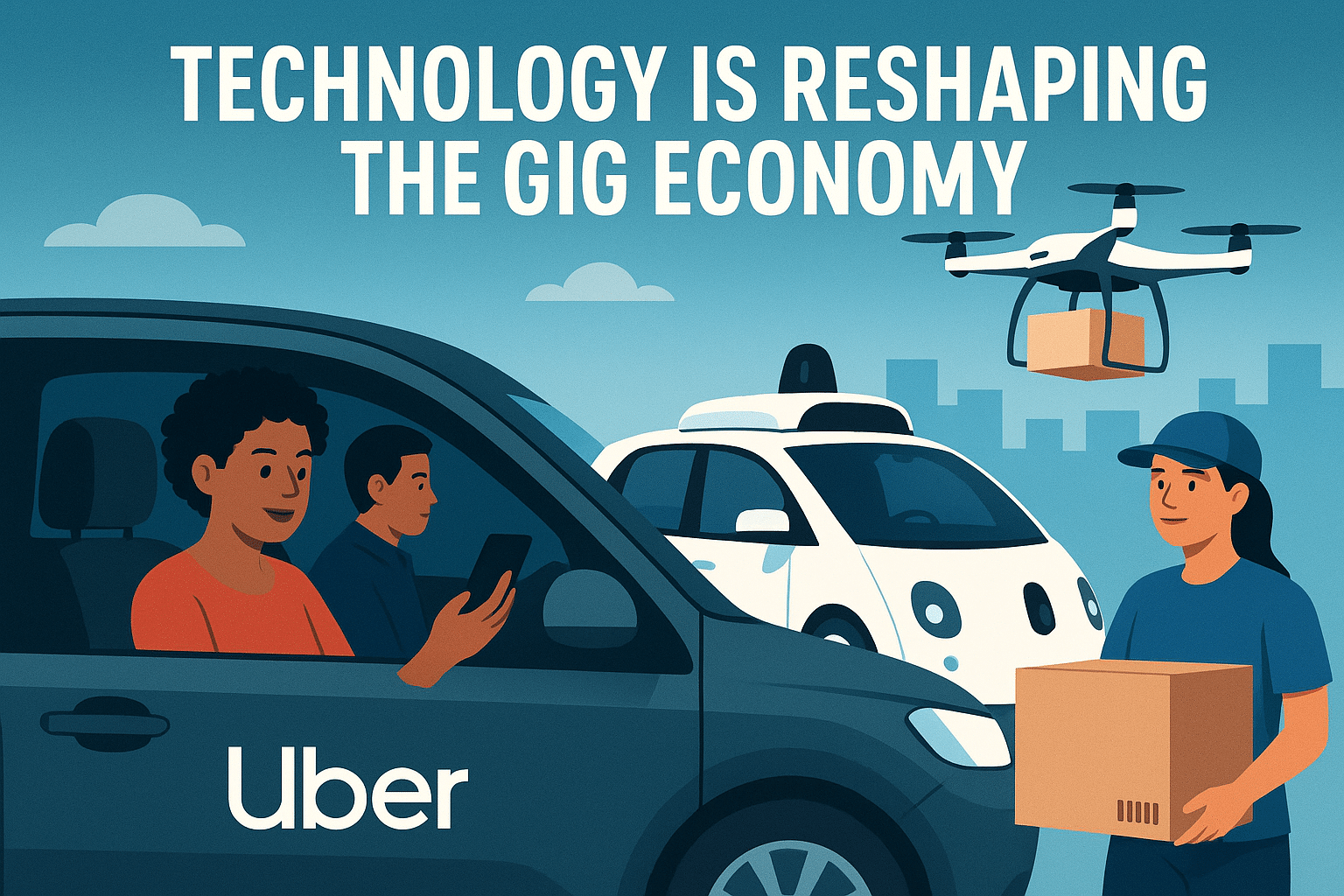The gig economy continues to evolve at a breakneck pace, with significant developments reshaping how workers and customers interact with technology-driven services. The most intriguing trend emerging from Atlanta reveals that some Uber customers are deliberately canceling rides with human drivers, preferring instead to wait for autonomous Waymo vehicles. This behavioral shift marks a profound transition in consumer preferences, with some riders canceling up to 20 human drivers consecutively just to secure a self-driving car. One customer interviewed described the process as “almost like a game,” highlighting how the allure of autonomous technology is creating new dynamics in the rideshare marketplace.
This preference for autonomous vehicles reflects a growing segment of consumers who value the novelty, consistency, and judgment-free experience that self-driving cars provide. For workers in the gig economy, this trend raises important questions about the future of human-driven services and how quickly consumer behavior might accelerate technological displacement in various markets.
Meanwhile, Amazon has implemented a significant policy change for its delivery services, eliminating backdoor and side door deliveries for safety reasons. This move prioritizes driver protection while potentially frustrating some customers accustomed to specific delivery preferences. The change will take effect by August 2025, with deliveries defaulting to front doors unless customers select alternative approved options. This development highlights the ongoing tension between customer convenience and worker safety in the gig economy space, as companies increasingly recognize their responsibility to protect their workforce from potential hazards.
In Massachusetts, a landmark settlement has awarded rideshare drivers $175 million in restitution, with Uber contributing $148 million and Lyft $27 million. The settlement guarantees drivers a minimum of $33.48 per hour for active driving time, along with benefits like paid sick leave and health insurance stipends. This represents a major victory for gig workers in their ongoing struggle for fair compensation and benefits, potentially setting precedents for similar actions in other states.
On the technological front, Amazon continues its ambitious expansion into grocery delivery, extending same-day delivery of fresh food to over 1,000 cities in what the company describes as its “most significant grocery expansion ever.” This move allows customers to order perishable items alongside regular Amazon purchases, with free delivery for Prime members on orders over $25. The company plans to expand this service to 2,300 cities by year-end, demonstrating Amazon’s determination to capture market share in the competitive grocery delivery space.
Tesla is recruiting test drivers for its robo-taxi program at competitive wages ranging from $25 to over $33 per hour, significantly above minimum wage rates. These positions will help the company develop and refine its autonomous vehicle technology, creating a new category of gig work that bridges the gap between traditional driving jobs and technology oversight roles.
The economics of delivery continue to evolve, with drone delivery presenting both opportunities and challenges. While companies like Zipline and Wing are advancing their capabilities, the costs remain prohibitively high—approximately $1,350 per drone delivery compared to $2 for traditional vehicle delivery. This massive cost differential, combined with weather limitations and noise concerns (drones described as sounding like “giant nagging mosquitoes”), suggests that widespread drone delivery adoption faces significant hurdles despite regulatory progress allowing beyond-line-of-sight operations.
The gig economy landscape continues to transform through unexpected partnerships, exemplified by DoorDash’s multi-year agreement with Ace Pickleball Club. This collaboration positions DoorDash as the official delivery platform for these upscale sports venues, including sponsorship of their championship series featuring a $250,000 prize pool. Such partnerships demonstrate how gig economy platforms are diversifying their presence beyond traditional food and package delivery.

